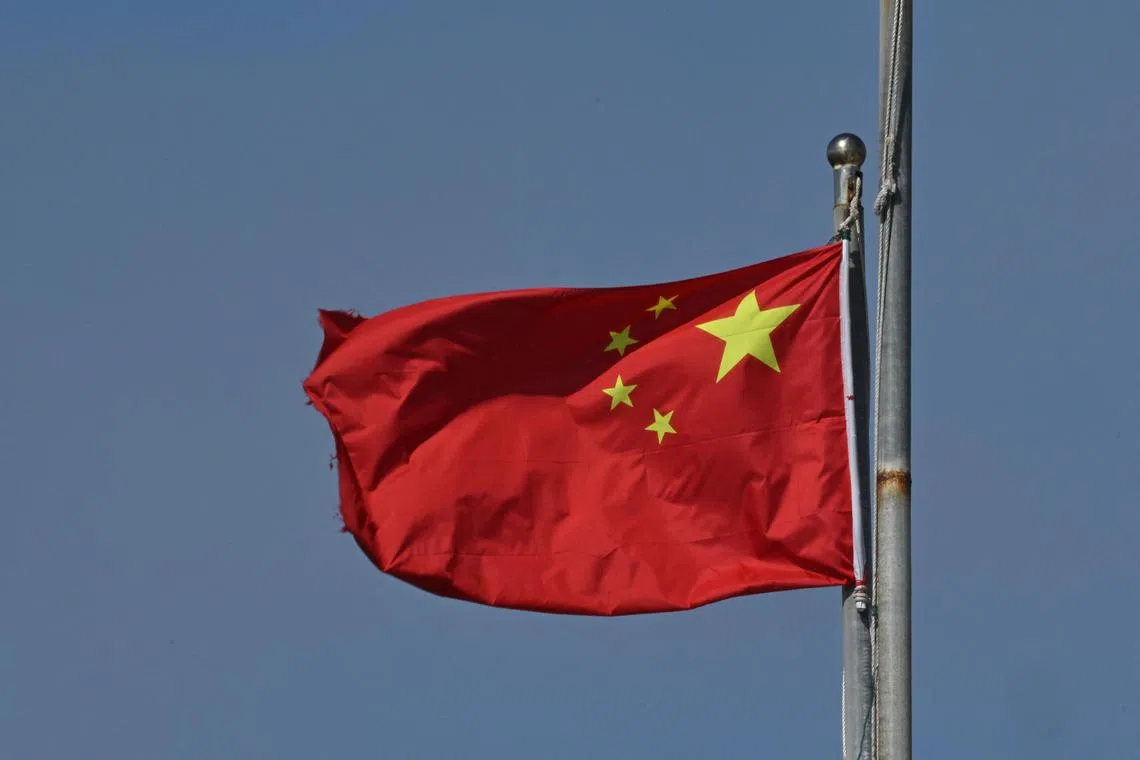China rejects Swiss report on 'transnational repression' of Tibetans, Uighurs
Sign up now: Get insights on Asia's fast-moving developments

China has been accused of torture, forced labour and “large-scale” arbitrary detention of Uighur minorities in the western Xinjiang region.
PHOTO: AFP
BEIJING - China’s Foreign Ministry rejected on Feb 13 a Swiss government report that suggested Beijing was exerting political pressure on Tibetans and Uighurs in Switzerland, calling the findings “wrong information”.
The report released on Feb 12 found that China could be inciting Tibetans and Uighurs to spy on fellow diaspora members in Switzerland, while potentially engaging in other forms of “transnational repression” such as cyber attacks and surveillance of the minority groups.
Chinese Foreign Ministry spokesman Guo Jiakun said in response to the report that the Swiss government must “respect China’s core interests and major concerns and stop sending wrong information to the outside world”.
“Political manipulation on Tibet and Xinjiang issues and smearing China goes against the facts,” Mr Guo said at a regular news briefing on Feb 13.
The Swiss government’s findings are based on a University of Basel study commissioned by the justice and migration ministries.
The report said that, while the consequences of transnational repression were not as easily identifiable as those of terrorism, for example, “they pose a considerable threat to Switzerland’s sovereignty in the long term”.
It said the phenomenon was also “set to increase” under the combined effects of advancing digital technology and increasingly close cooperation between authoritarian states.
Tibet has alternated over the centuries between independence and control by China, which says it “peacefully liberated” the rugged plateau and brought it infrastructure and education.
China has been accused of torture, forced labour and “large-scale” arbitrary detention of Uighur minorities in the western Xinjiang region.
Beijing denies allegations of abuse and insists its actions in Xinjiang have helped to combat extremism. AFP


